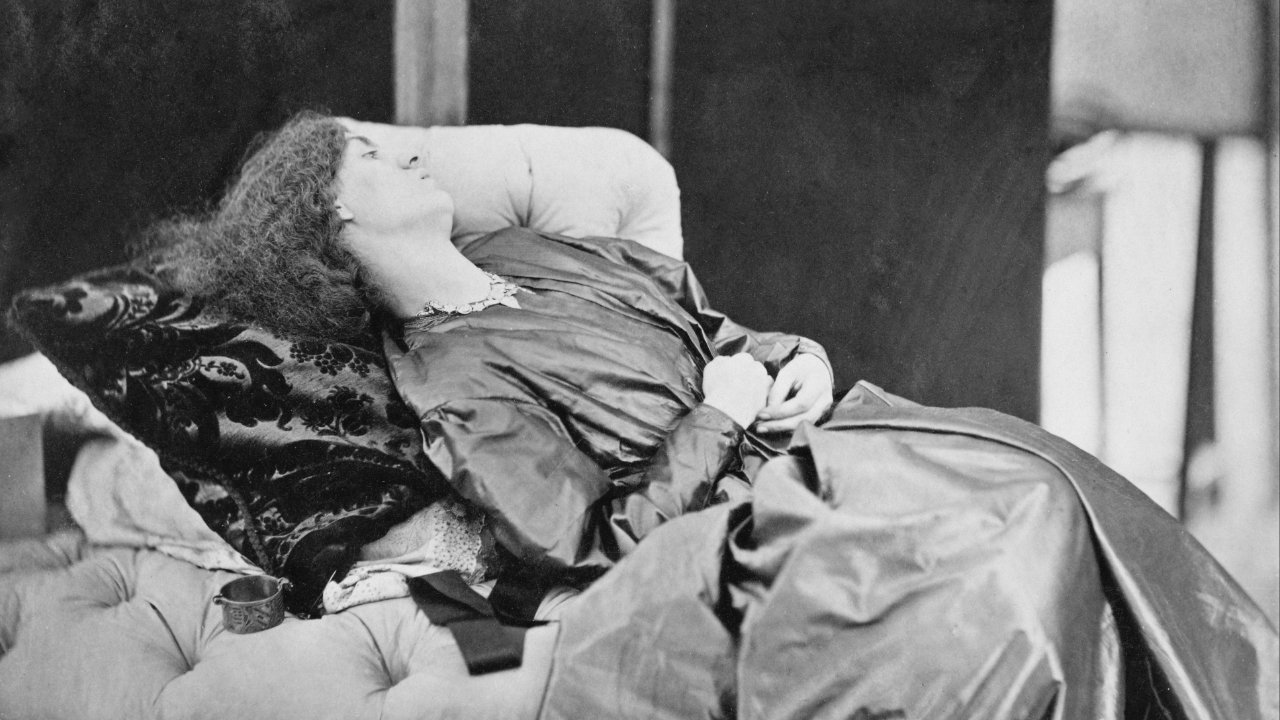Mental Health and Emotional Labor: Why Women Are So Tired
Jun 04, 2025
Mental Health and Emotional Labor: Why Women Are So Tired
It’s not just in your head. You’re carrying too much—and the world is used to letting you.
Let’s name something we don’t talk about enough:
Many women—especially mothers—are exhausted not because they’re doing too much, but because they’re expected to carry everything that no one sees.
This invisible workload has a name: emotional labor.
And it’s costing women their health, their peace, and their sense of self.
What Is Emotional Labor?
Emotional labor isn’t just about caregiving or parenting. It’s the unpaid, often invisible work of managing the emotional tone of relationships and environments.
Think:
-
Remembering birthdays and scheduling doctor appointments
-
Soothing tantrums while holding back your own tears
-
Managing your partner’s stress on top of your own
-
Diffusing conflict at work, keeping the family running, checking in with your in-laws, calming group chat drama, prepping for school spirit week—and still smiling
It’s the effort of being the glue. The buffer. The bridge.
It’s love. But it’s also labor.
Why It Hits Women—and Especially Mothers—Hard
Because we were trained to do it.
Conditioned to be the emotional managers of our households, workplaces, and communities.
From a young age, many girls are taught that their value lies in being helpful, agreeable, and emotionally attuned. By the time we become mothers, this conditioning is on autopilot.
We become the family’s default therapist.
The emotional shock absorber.
The one who remembers, soothes, and holds it all—often at the cost of our own bandwidth.
Emotional Labor and Mental Health: The Link
This constant management of other people’s feelings—often without support or recognition—leads to:
-
Chronic stress and burnout
-
Anxiety, resentment, and emotional numbness
-
Exhaustion that sleep can’t fix
-
A fractured relationship with your own needs and boundaries
And when women finally speak up?
We’re often met with “Why are you so emotional?”
Or worse—“Just ask for help.”
But here’s the thing: It’s hard to ask for help when your entire identity has been built around being the one who never needs it.
This Isn’t a Personal Problem—It’s a Systemic One
You are not burnt out because you’re broken.
You are burnt out because you’ve been conditioned to believe your needs should come last.
We live in a society that glorifies motherhood but offers almost no structural support for it.
We praise women for being “selfless” while penalizing them when they speak up or set boundaries.
We pretend this is about individual resilience when what we need is collective recognition and redistribution.
What You Can Do (Without Doing More)
This is not another to-do list.
This is permission to do less, feel more, and reclaim your right to exist without constantly managing everyone else’s experience.
Try This:
-
Name it. Language gives us power. Emotional labor is real, and naming it is the first step to disrupting it.
-
Stop apologizing for having needs. Needing rest, space, or support doesn’t make you weak. It makes you human.
-
Practice boundary-setting as self-care. You are allowed to say no without explanation or guilt.
-
Connect with others who get it. Healing happens faster when you don’t have to keep explaining why you’re tired.
-
Don’t wait until you break. Your mental health is reason enough to set the load down.
Final Thoughts
If you’re feeling overwhelmed, depleted, or quietly resentful…
That doesn’t make you a bad mom, partner, or woman.
It makes you someone who’s been carrying too much for too long.
It’s time we stop expecting women to be emotional air purifiers—absorbing toxins no one else wants to deal with.
You deserve more than survival.
You deserve support, recognition, and space to be your full self—not just the version of you that keeps everything afloat.
Need support untangling emotional labor from your identity?
Join my upcoming 6-week feminist coaching group for women breaking free from people-pleasing and over-functioning.

